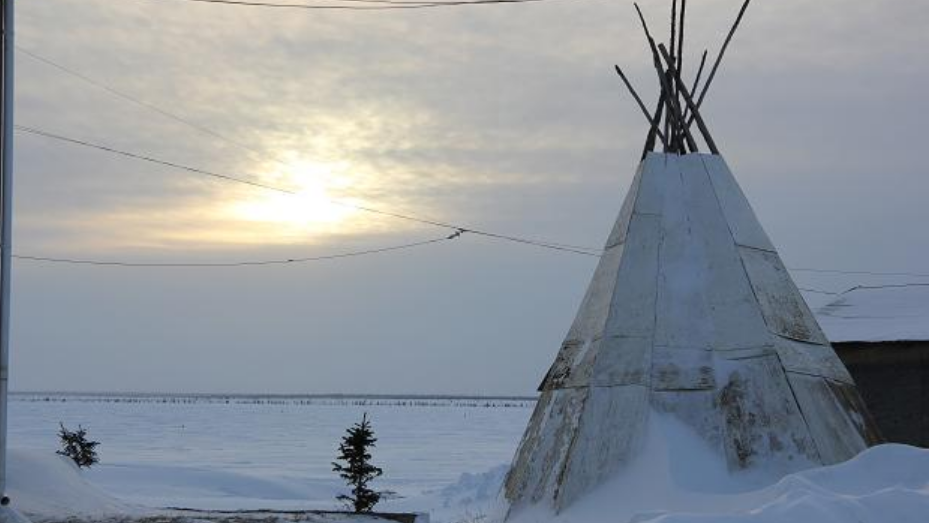Indigenous tourism biz gets new investments in Canada’s Northwest Territories

A new agreement has been signed in Canada’s Northwest Territories (NWT) to up annual investment in Indigenous tourism businesses.
The memorandum of understanding was signed on Tuesday by the Government of the Northwest Territories’ Department of Industry, Tourism and Investment (ITI), the Indigenous Tourism Association of Canada (ITAC), and Northwest Territories Tourism (NWTT).
The new investments will be as much as $257,000 annually.
“The connection that the tourism industry has to Indigenous communities is important because of the economic opportunities it provides,” said Cathie Bolstad, the chief executive officer of Northwest Territories Tourism, a non-profit industry association with around 160 members.
“(…) This partnership is aimed at growing tourism product in the NWT and strengthening territorial and national marketing of the unique indigenous cultures and experiences in the NWT,” Bolstad said in a news release on Wednesday.
Marketing, training and workshops
The majority of the 2018-2019 funding will be directed towards workshops and marketing.
The community of LutselK’e in the southeastern part of the territory, will work on testing visitor packages and the Yellowknives Dene First Nation will work on completing their craft store and visitor centre.
Elsewhere in NWT, they’ll be workshops on Indigenous tourism development and photo and video shoots to create marking materials for Indigenous tourism operators.
“The rich Indigenous cultures in the Northwest Territories is something that sets us apart from other travel destinations and creates unforgettable experiences for our guests,” said Wally Schumann, NWT’s minister of Industry, Tourism and Investment. “It is vital to the preservation of culture and heritage and is an intrinsic part of growing the Northwest Territories’ tourism industry. This partnership will help us to better achieve the vision of strengthening Indigenous cultural tourism that is set out in Tourism 2020.”
Community development
There are few job opportunities in many of Canada’s northern Indigenous communities because of their small populations and remote locations.
Tourism is often seen as an industry that creates jobs for a variety of education levels, promotes small-scale entrepreneurship, reinforces and promotes local cultures, and creates the sustainable development.
Keith Henry, the president & CEO of the Indigenous Tourism Association of Canada, which works to cultivate tourism as a way to improve the economic health of Aboriginal communities says the agreement is an important step for the territory.
“This agreement demonstrates how great partnerships can advance Indigenous tourism across Canada, from territorial governments to our national priorities,” he said in the news release. “I am excited for the future of Indigenous tourism in the Northwest Territories.”
Write to Eilís Quinn at eilis.quinn@cbc.ca
Related stories from around the North:
Canada: Drivers flock to Northern Canada’s new highway to Arctic Ocean, CBC News
Finland: In Santa’s hometown, are tourism and a railway threatening Sámi culture?, Cryopolitics Blog
Iceland: Arctic tourism in the age of Instagram, Eye on the Arctic special report
Norway: Polar bear shot dead after attacking person on Svalbard, The Independent Barents Observer
Russia: World’s first round-the-Arctic luxury cruise could set sail in 2020, The Independent Barents Observer
Sweden: Growing number of Swedes choose train travel over flying to reduce pollution, Radio Sweden
United States: Arctic flights save time, but fuel climate change, Cryopolitics Blog



